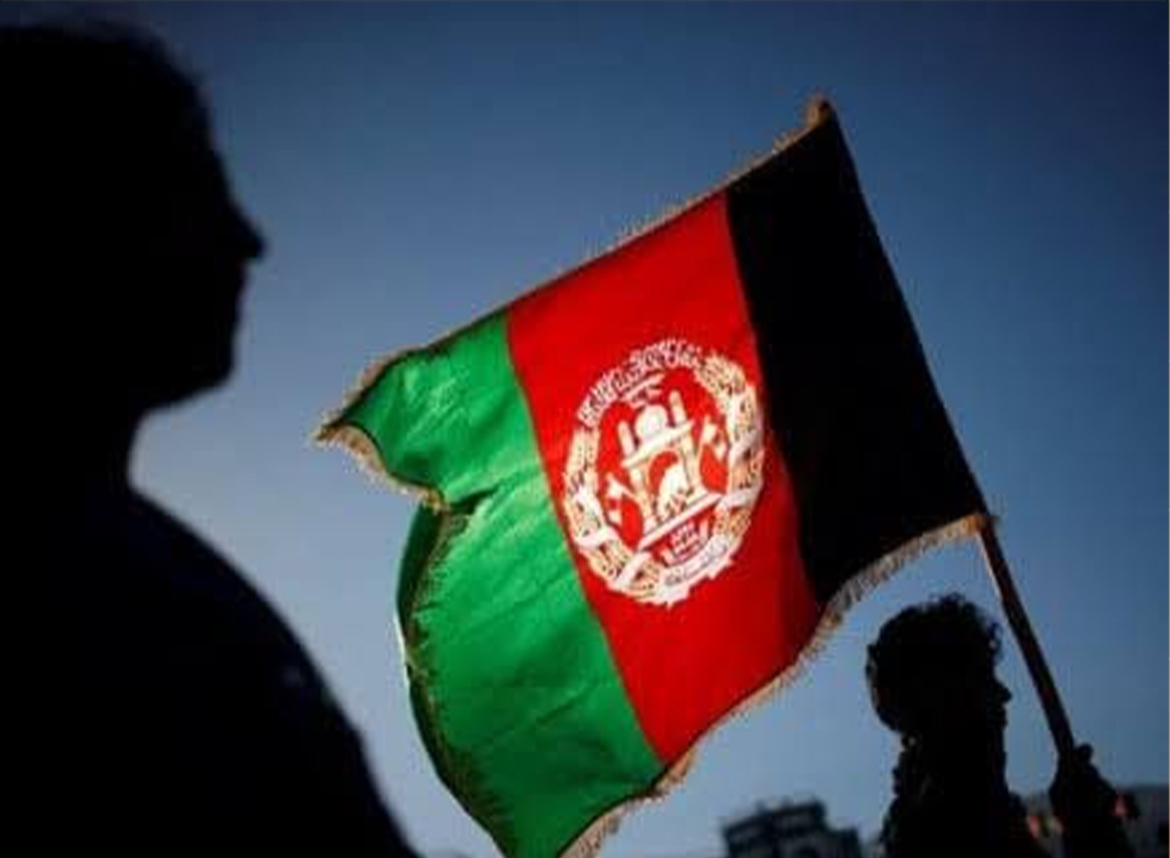The Afghan peace process has been a long and arduous journey, marked by numerous challenges and unforeseen developments, captivating global attention. The influence of external powers has profoundly shaped the trajectory of this process. Since 2018, peace efforts have unfolded through direct talks between the United States and the Taliban. These negotiations have oscillated between progress and stagnation, hampered by the Taliban’s reluctance to engage directly with the Afghan government. Despite the obstacles, both sides have achieved milestones, notably the signing of a withdrawal agreement in February 2020.
However, the persistence of violence in Afghanistan has cast a long shadow over the peace process. The Taliban’s continued attacks against the Afghan government and civilians raise serious concerns about their commitment to a peaceful resolution. Simultaneously, the Afghan government have struggled for maintaining stability and security amidst pervasive challenges, including corruption, poverty, and inadequate infrastructure.
Several external powers have played significant roles in the Afghan peace process, with the United States, China, Russia, and Pakistan being the most prominent actors. Each nation brings its own interests and motivations to the table, influencing their involvement in the negotiations.
The United States has been a central player, initiating direct talks with the Taliban during the Trump administration in 2018. A primary objective for the US has been the withdrawal of its troops from Afghanistan. However, the US also remains wary of a Taliban return to power and seeks assurances that the group will not harbor terrorist organizations. The Biden administration has continued engagement with the Taliban, albeit with a more cautious approach, emphasizing the importance of direct dialogue with the Afghan government and the protection of women’s and minority rights.
China’s involvement reflects its growing regional influence and strategic interests. China seeks to prevent the Taliban from providing sanctuary to Uyghur separatists and aims to safeguard its economic interests in Afghanistan, particularly regarding the country’s natural resources.
Russia, too, seeks to expand its regional influence through its involvement in the peace process. Moscow aims to prevent the Taliban from harboring terrorist organizations and to secure its own economic interests in Afghanistan. Russia has also been critical of US involvement, accusing Washington of pursuing its own agenda.
Pakistan, due to its shared border and history with Afghanistan, plays a crucial role in the peace process. Pakistan has consistently advocated for a stable and peaceful Afghanistan, recognizing that instability in its neighbor directly impacts its own security and well-being. Pakistan has facilitated dialogue between various Afghan stakeholders, including the Taliban and the Afghan government, and has provided humanitarian assistance to Afghan refugees. Pakistan’s efforts to promote cross-border trade and economic cooperation contribute to regional stability and offer opportunities for economic growth in both countries. While navigating its own complex security challenges, Pakistan continues to emphasize the importance of an Afghan-led and Afghan-owned peace process.
The involvement of these external powers carries significant implications for Afghanistan’s future. The country’s sovereignty and independence are at stake, as external actors pursue their own interests. The peace process itself is vulnerable to derailment if these competing agendas are not carefully managed. The international community must unite in supporting the Afghan peace process and ensuring the protection of Afghan people’s rights. Respect for Afghanistan’s sovereignty and independence is paramount, and external powers must refrain from imposing their own agendas. Direct dialogue between the Afghan government and the Taliban is crucial for achieving a peaceful resolution.
The international community must provide robust economic and humanitarian support to facilitate Afghanistan’s reconstruction and recovery from decades of conflict. The Afghan people have endured immense suffering, and their rights and well-being must be prioritized. Supporting the Afghan government’s efforts to maintain stability, security, and rebuild infrastructure is essential. This can be achieved through economic and humanitarian aid, complemented by the strategic deployment of peacekeeping forces to create a secure environment for the Afghan people. Furthermore, the international community should actively support the Afghan government’s efforts to revitalize the economy and create economic opportunities for its citizens through economic assistance and the promotion of trade and investment.
Beyond immediate aid, a long-term commitment from the international community is crucial for Afghanistan’s sustainable development. This entails investments in education, healthcare, and infrastructure, empowering Afghans to build a self-sufficient future. Good governance and anti-corruption measures are essential to ensure aid effectiveness. Regional cooperation, particularly with neighboring countries like Pakistan, Iran, and the Central Asian republics, is vital for addressing shared challenges such as border security, refugee flows, and drug trafficking. Finally, addressing the psychological impact of decades of conflict through psychosocial support and trauma healing programs is essential for fostering lasting peace and reconciliation. A comprehensive approach that addresses the political, economic, social, and psychological dimensions of the conflict is necessary for the international community to contribute meaningfully to a sustainable peace in Afghanistan. The focus should be on empowering local communities and building Afghan capacity, not imposing external solutions. The peace process must be Afghan-led and Afghan-owned for it to have legitimacy and enduring success. The international community’s role should be one of support and facilitation, not dictation.
A renewed focus on inclusivity is paramount. Women, minorities, and civil society organizations must have meaningful participation in the peace process. Their voices and perspectives are crucial for building a just and equitable society. Ignoring their contributions would undermine the very foundation of a sustainable peace. The international community must hold all parties accountable for upholding human rights and protecting vulnerable populations.
The resurgence of the Taliban poses significant challenges to human rights, particularly for women and girls. Their access to education, employment, and healthcare is increasingly restricted. The international community must exert pressure on the Taliban to respect fundamental human rights and ensure the full participation of women in all aspects of society. Safeguarding the gains made in women’s rights over the past two decades is crucial for the future of Afghanistan.
The complex dynamics of the Afghan peace process require a nuanced and adaptive approach. The international community must learn from past mistakes and avoid imposing pre-conceived solutions. Flexibility, patience, and a deep understanding of Afghan culture and politics are essential for navigating the complexities of this process.
The Afghan peace process is a complex and challenging issue, with external powers playing a significant role. The involvement of the US, China, Russia, and Pakistan has significant implications for the future of Afghanistan, and the country’s sovereignty and independence are at risk. It is essential that the international community works together to support the Afghan peace process, and ensures that the rights of the Afghan people are protected.



